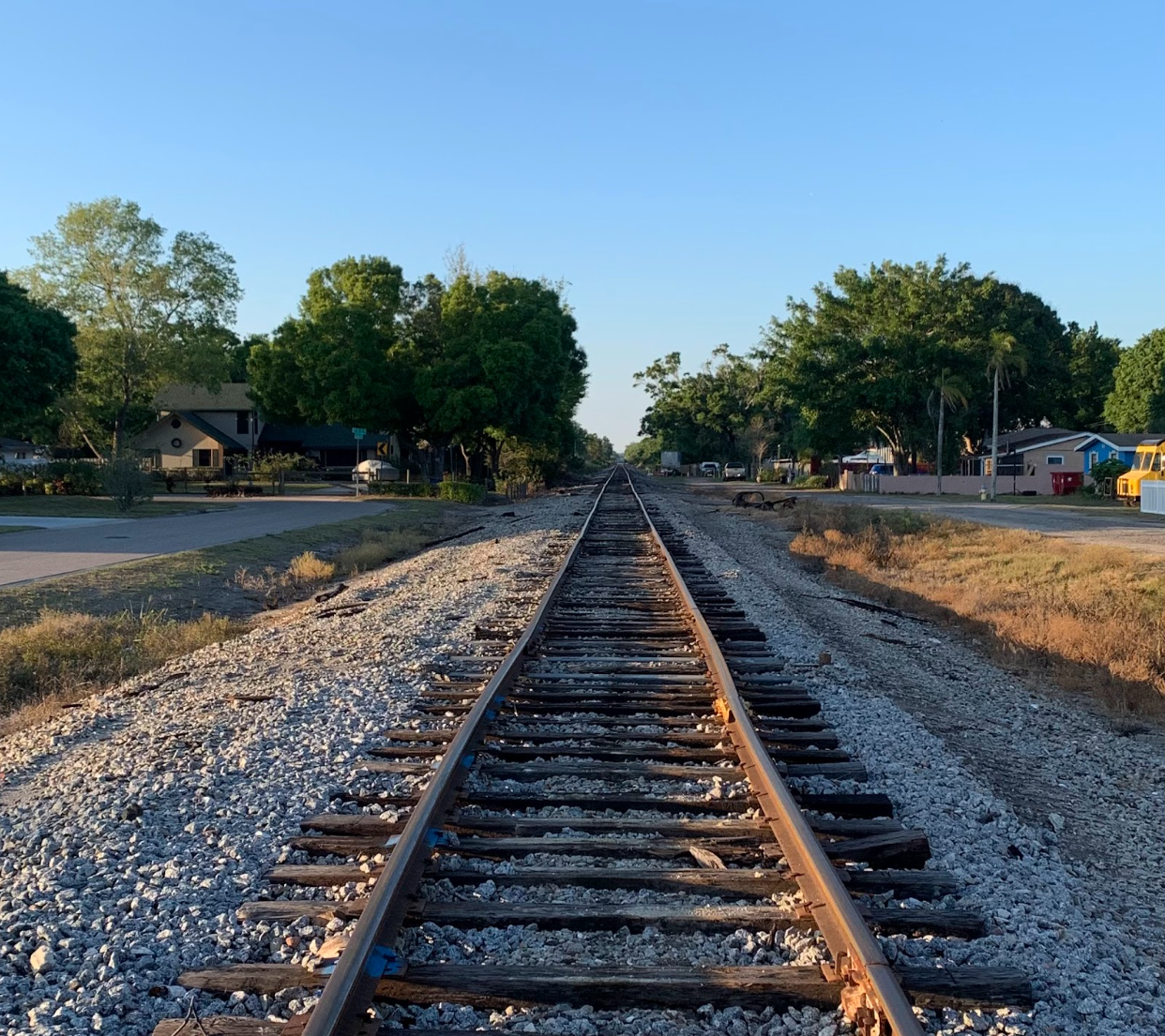Following the devastating train derailment in East Palestine, Ohio, a conversation about train safety and maintenance has taken root across the country. This issue made its way to the Manasota area on Feb. 28 when a freight train was derailed on the Seminole Gulf Railway near the Sarasota Bradenton International Airport. There were no injuries. The derailment resulted in five cars of sheetrock and one tanker of propane tipped over, with another derailed, but not tipped.
Luckily for Sarasota-Bradenton residents, the tanker carrying 30,000 gallons of propane has not leaked, and the site is being monitored by fire officials. However, if the tanker had leaked in the crash, the situation could have become gravely dangerous.
Assistant Professor of Bioorganic Chemistry Lin Jiang sat down for an interview with the Catalyst to discuss the potential consequences of propane in the environment.
“If the propane were to leak and ignite, it would cause an explosion,” Jiang explained. “It will then release carbon monoxide, formaldehydes and other pollutants to the air. If there was just a small leak, the gas would be released into the air and blow away.”
“The major concern would be an air pollutant caused by propane gas,” Jiang continued. When burned, propane gas emits carbon monoxide, which can cause poisoning and even death.
The Sarasota train derailment comes just weeks after the derailment of a train in East Palestine, Ohio, which released toxic chemicals into the surrounding area and caused local residents to experience a variety of symptoms.
Jiang spoke to the differences between the chemicals present in the recent train derailment in Ohio, and in the local train derailment: “Vinyl chloride [the chemical released during the Ohio derailment] released dioxins, which are pollutants in the soil, air and water and are much more dangerous.”
The damaged tracks will render the Seminole Gulf Railway inoperable for some time, Southern Manatee Fire Rescue Chief Robert Bounds told the Bradenton Herald.
“We’re very lucky,” Jiang said. “The government needs to think about derailment.”
In fact, United States Transportation Secretary Pete Buttigieg recently announced that he’s working on imposing stronger regulations on trains transporting chemicals in response to the disaster in East Palestine. These regulations would include sturdier tank cars, an improved brake system and increased fines for corporations who don’t comply. However, Buttigieg claimed that both Congress and the railway industry have been resisting the Department of Transportation’s efforts to improve train safety measures. For instance, Norfolk Southern, the railway corporation responsible for the East Palestine disaster and other recent derailments, lobbied against a 2015 regulation that would have required a more efficient brake system for trains carrying hazardous materials.
“Profit and expediency must never outweigh the safety of the American people,” tweeted Buttigieg on Feb 21. “The freight railroad industry should make these changes now while we continue to act as an administration—and I look forward to working with Congress to deliver better accountability and safety.”

